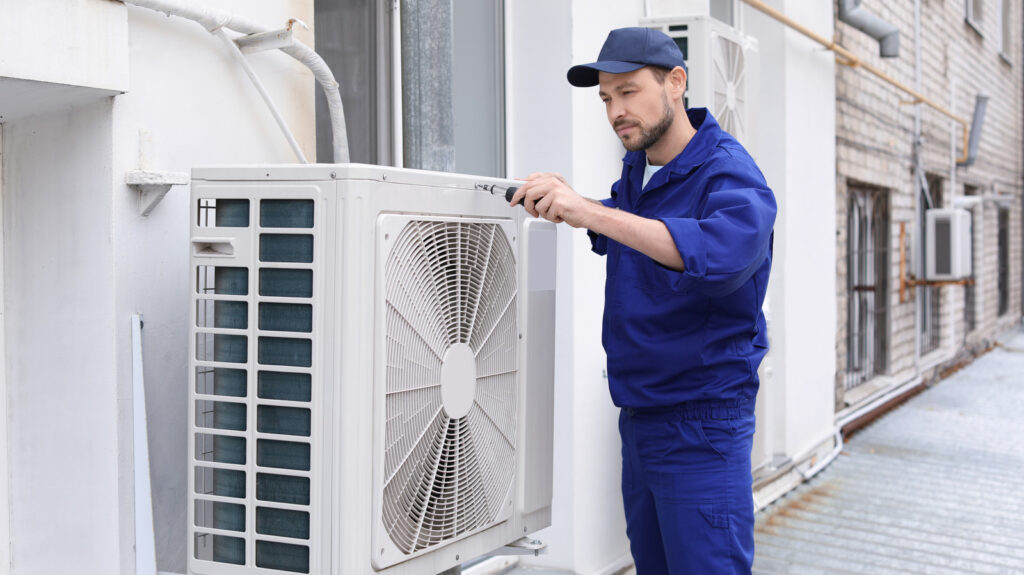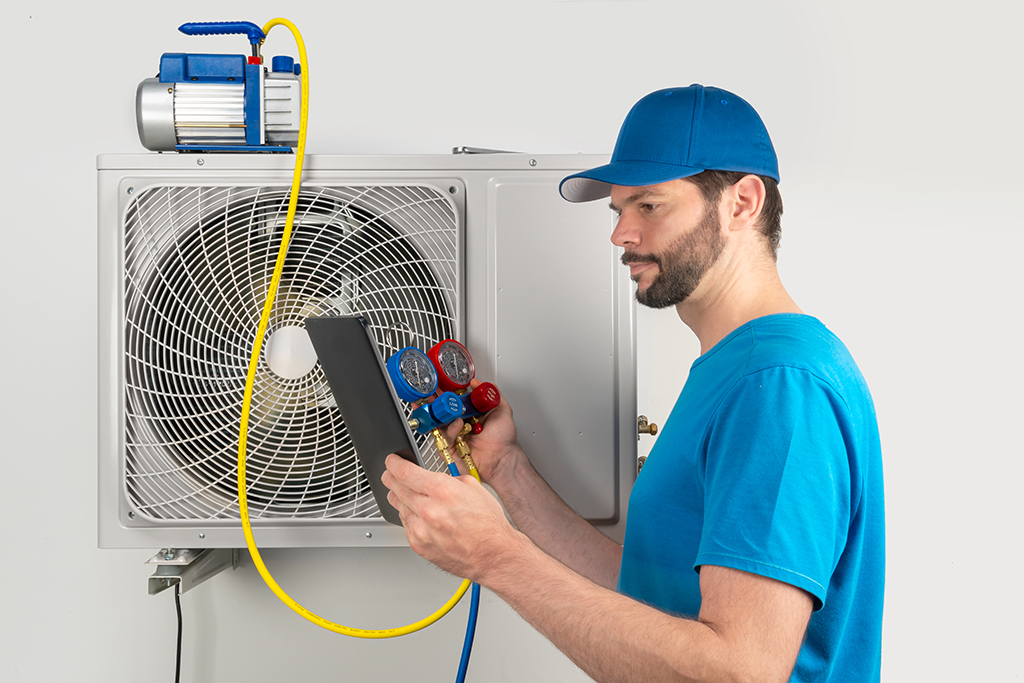Your Air Conditioning Repair Euless TX plays a crucial role in keeping your home cool and comfortable, especially during the hot summer months. However, like any other appliance, air conditioners can experience issues over time that may affect their performance and efficiency.

Recognizing the signs that indicate your air conditioner needs repair can help you address problems promptly and prevent further damage. In this guide, we’ll explore common signs of air conditioner problems, potential causes, and tips for finding a reliable HVAC technician.
1. Weak Airflow
Weak airflow from your air conditioning vents can indicate several potential issues, including:
- Clogged Air Filter: A dirty or clogged air filter can restrict airflow and reduce the efficiency of your air conditioner.
- Blocked Ducts: Blocked or obstructed ducts can restrict airflow and prevent cool air from circulating effectively throughout your home.
- Faulty Blower Motor: A malfunctioning blower motor may fail to distribute air properly, resulting in weak airflow from the vents.
2. Warm Air
If your air conditioner is blowing warm air instead of cold air, it may be due to the following reasons:
- Refrigerant Leak: A refrigerant leak can cause the air conditioner to lose its cooling capacity, resulting in warm air blowing from the vents.
- Compressor Issues: Problems with the compressor, such as overheating or mechanical failure, can also lead to inadequate cooling.
3. Strange Noises
Unusual noises coming from your air conditioner can indicate underlying mechanical issues, including:
- Grinding or Squealing: Grinding or squealing noises may indicate worn-out bearings or belts that require replacement.
- Banging or Clanking: Banging or clanking noises may be a sign of loose or damaged components within the air conditioner.
4. Foul Odors
Foul odors emanating from your air conditioner can be indicative of mold, mildew, or bacterial growth within the system, which can affect indoor air quality and pose health risks. Common sources of foul odors include:
- Clogged Drain Line: A clogged condensate drain line can become a breeding ground for mold and mildew, leading to unpleasant odors.
- Dirty Evaporator Coils: Dirt and debris buildup on the evaporator coils can promote mold and mildew growth, resulting in foul odors when the air conditioner is running.
5. Increased Energy Bills
A sudden increase in your energy bills without a corresponding increase in usage can indicate that your air conditioner is operating inefficiently. Common reasons for increased energy consumption include:
- Dirty Air Filter: A dirty or clogged air filter can restrict airflow and cause the air conditioner to work harder to cool your home, resulting in higher energy bills.
- Refrigerant Leak: A refrigerant leak can reduce the efficiency of your air conditioner and cause it to consume more energy while providing inadequate cooling.
6. Short Cycling
Short cycling refers to the frequent turning on and off of the air conditioner, which can indicate underlying issues such as:
- Oversized Unit: An oversized air conditioner may cycle on and off more frequently than necessary, leading to increased wear and tear on the system.
- Thermostat Issues: Malfunctioning thermostats or temperature sensors can cause the air conditioner to cycle on and off erratically, resulting in inefficient operation.
7. Water Leaks
Water leaks around your air conditioner can be a sign of various problems, including:
- Clogged Drain Line: A clogged condensate drain line can cause water to back up and leak around the air conditioner.
- Frozen Evaporator Coils: Frozen evaporator coils can cause ice to form on the coils, leading to water leaks when the ice melts.
Finding a Reliable HVAC Technician
When it comes to repairing your air conditioner, it’s essential to find a reliable and experienced HVAC technician. Here are some tips for finding the right technician for the job:
- Check Credentials: Look for technicians who are licensed, insured, and certified by reputable organizations such as the North American Technician Excellence (NATE) or the Air Conditioning Contractors of America (ACCA).
- Read Reviews: Read online reviews and testimonials from past customers to gauge the quality of service provided by the technician or company.
- Ask for References: Request references from the technician and contact past clients to inquire about their experience and satisfaction with the service provided.
- Get Multiple Quotes: Obtain quotes from multiple HVAC technicians to compare prices and services offered before making a decision.
- Inquire About Warranties: Ask about warranties or guarantees on parts and labor to ensure that you’re protected in case of any issues after the repair.
Conclusion:
In conclusion, recognizing the signs that indicate your air conditioner needs repair can help you address problems promptly and prevent further damage. Common signs of air conditioner problems include weak airflow, warm air blowing from the vents, strange noises, foul odors, increased energy bills, short cycling, and water leaks. If you notice any of these signs, it’s essential to contact a reliable HVAC technician for professional diagnosis and repair.
Veterans AC & Heating
615 N Main St #155, Euless, TX 76039, United States
1-817-858-9301

